How UOMA Beauty’s Founder is Taking Inclusive Beauty to a New Level



IPSY Editors

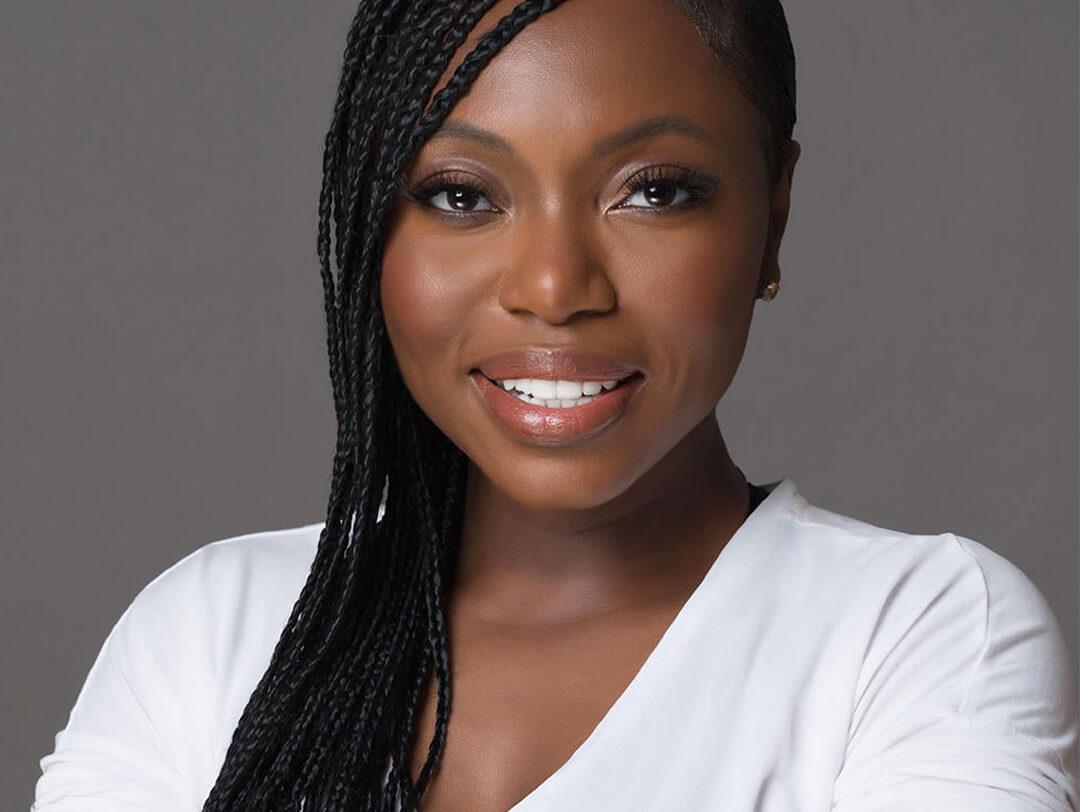
Foundations for every complexion, formulas for every skin tone—inclusivity in makeup is a term we’ve seen attached to an ever-growing number of beauty brands in recent years (and you bet we’re here for it). But with so many “inclusive” brands hitting the market, how does a new brand dig deep into a mission to truly have something for everyone, without fading into the crowd? When UOMA Beauty burst onto the scene in 2019, their gorgeous packaging and unique formulations had us at hello—and it quickly became apparent that the brand’s extensive shade selections offered more than meets the eye. With products made to empower, and colors customized for skin tone and type, it’s no surprise UOMA is beloved by beauty pros and beauty-lovers everywhere. We chatted with UOMA Beauty founder, Sharon Chuter about how she’s taken inclusive makeup to the next level, proving that it’s still possible to break the mold—and to do it better than anyone else.
It's about glam time you treated yourself.
Join IPSY

First, what is UOMA Beauty?
UOMA (pronounced oh-ma) means “beautiful” in Igbo, which is one of the main dialects of Nigeria, and an homage to (now London-based) founder Sharon Chuter’s heritage. ”Our brand allows you to be your ultimate, truest self—that is beautiful,” says Chuter. Chuter created UOMA to help others have the courage and confidence to explore their inner and outer beauty—a feeling she’s all too familiar with herself. “Growing up in Nigeria, it was hard to find brands or marketing that resonated with me and people who looked like me. It was hard to believe you were beautiful, when no one looked like you in a magazine,” says Chuter. “This is why I embarked on this journey. I hope that at the end of the day, I play a small part in making the world a better place—where women who look like me understand that they are truly beautiful and have the courage to explore that from the outside in.” So the former beauty exec set out to create makeup that helps you discover (and celebrate) your beautiful self.
She’s rewriting the norm.
There’s no doubt that starting a new business has its challenges—including raising capital despite gaps in startup funding for women of color, which Chuter says are still wide. But in addition to the financial risks, she says overcoming stereotypes regarding gender and skin color are very real when building a beauty brand. “There is so much unconscious bias out there,” Chuter says. “For example, people label UOMA Beauty as a brand for only people of color and we have 51 shades of foundation. I have constantly had to overcome and rise above stereotypes, but that’s why I have to keep on going. We need to rewrite the new norm.” Challenging and redefining these stereotypes is a part of UOMA’s DNA—they’re not buying into inclusivity as a label, but (literally) going beyond the surface to reveal what it really means in makeup, and to the person wearing it.
Being inclusive is more than a buzzword.
In fact, Chuter prefers the term “authenticity” over inclusivity. “That’s what I am really about, inspiring and enabling people to be their authentic selves and to live in their truth unapologetically,” she says. “Everyone should be able to go into a beauty hall and feel inspired, included, and beautiful. And so I wanted to create a space for the people who feel like they’ve been overlooked.” For Chuter it’s not just about skin color—it’s about body types, gender identities, and more—everything that makes you unique. “Everyone who has been considered ‘too’ anything. That’s the tribe I am here for,” she says. The proof: Her award-winning foundation range with a shade matching system that’s frankly, pretty fascinating (seriously, head to their site and try it). And to create it, Chuter pulled out all the stops...
She took customization to a new level.
To create perfect matches for skin tone and type, Chuter created 51 foundation shades that were divided into color groupings, then further customized to target skin concerns within those groupings (does it get more personalized than that?). “It was the first time that anyone took into account that different skin tones have different needs and we shouldn’t just have one formula to suit all,” she says. “We gave the market a range that, for the first time, had custom formulas for different skin color groups.” For example, Chuter created foundations that cover common concerns like sensitivity and redness in lighter skin tones and hyperpigmentation in darker skin tones. That feeling you crave when you’re shopping for makeup—that you’ve found something just right for you? UOMA’s bottled it.
It’s only the beginning for UOMA Beauty.
UOMA covers everything you need in your makeup kit—from complexion products to lip colors and eyeshadows that (actually) pop on all skin tones. Each taking into consideration the needs of every skin tone from color payoff to formulation. Sounds like a dream, right? Thankfully, we can expect to be blessed with more of UOMA’s game changing products. “With UOMA Beauty, I want to continue to disrupt the industry. To really become a global home for all where we enjoy and share from our heritage and bond over our differences,” says Chuter. “We are not a beauty brand, we are a movement. I hope to see more people inspired to create new brands and share more cultural stories.”
Our UOMA Beauty Pick:
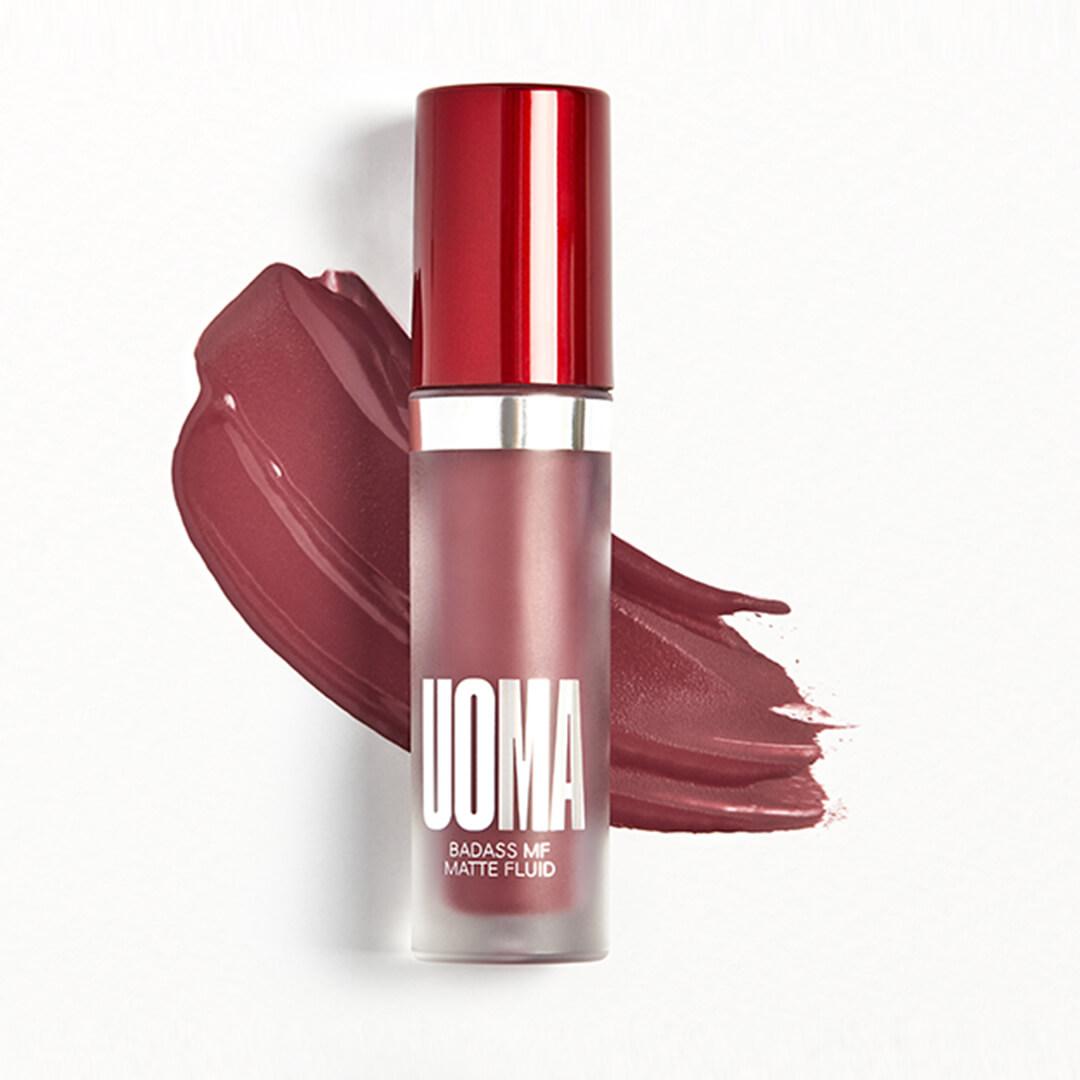

Badass MF Matte Fluide in shades Donyale and Misty. These bold, super-concentrated lip colors are made to make you stand out in the crowd—just like Chuter intended. “This was my ode to the rule breakers,” Chuter says. “It was my opportunity to celebrate some very iconic women who broke boundaries and are the reason women like me are here today.”
Did UOMA Beauty inspire you? Let us know @IPSY
Want in on all the Glam Bag fun? Take our Beauty Quiz now to get started. And don’t forget to check us out on Instagram and Twitter @IPSY.
Liked this post? Share!
Related Stories
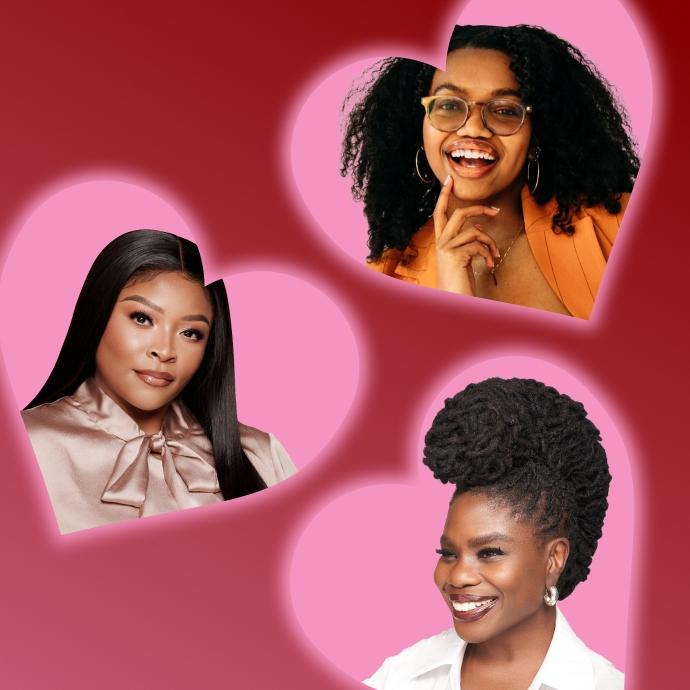
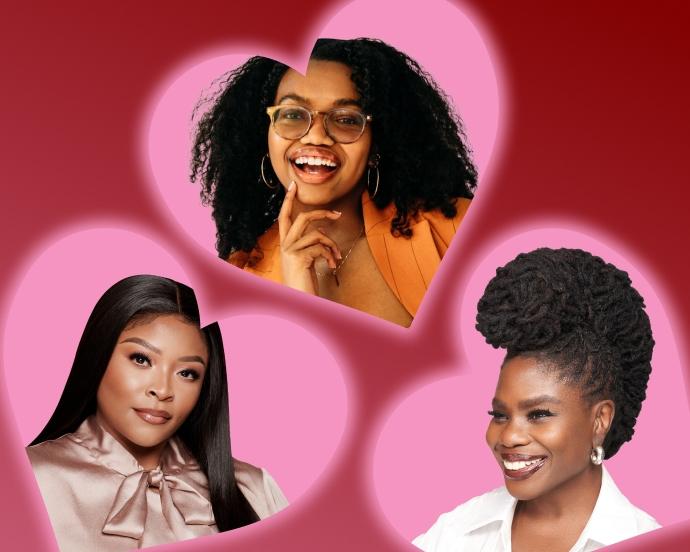
Beauty Amplified
Celebrating Black Beauty, Creativity, and Culture—This Month and Always
Published on Jan 23, 2026 • 3 min read
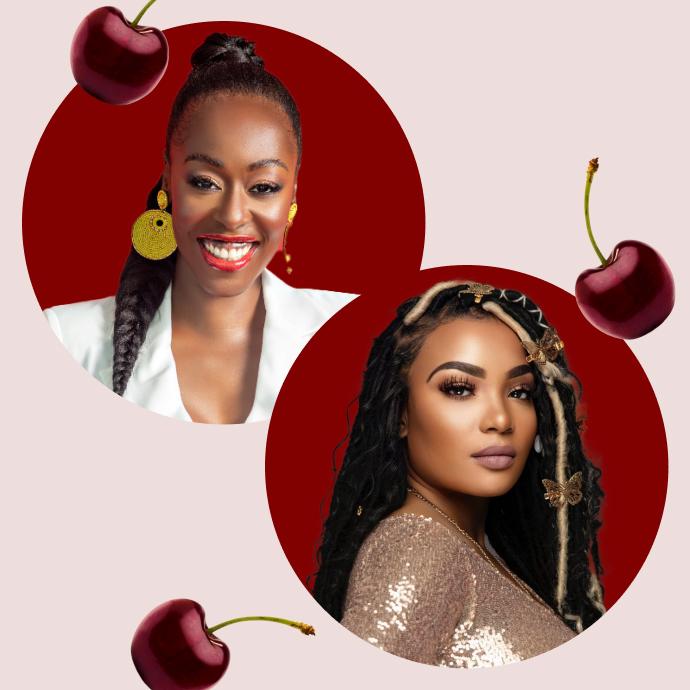
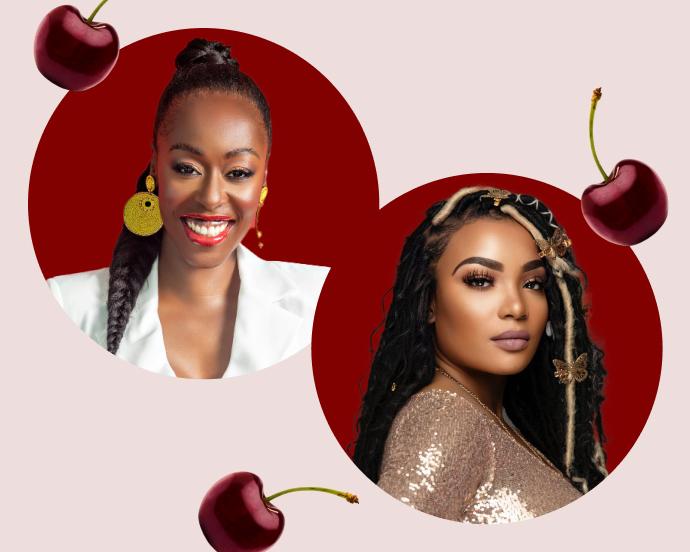
Beauty Amplified
Our Favorite Black-Owned Beauty Brands That Remind Us Why Representation Matters
Published on Jan 23, 2026 • 18 min read


Beauty Amplified
61 Women-Founded Brands Currently Changing the Beauty Game
Published on Dec 14, 2024 • 15 min read


Beauty Amplified
These Hispanic Heritage Month Mystery Bags by Jenn Torres Are a Tribute to Latinx Culture
Published on Aug 28, 2025 • 3 min read


Beauty Amplified
Meet the Latinx-Founded Brands Building the Beauty of Tomorrow
Published on Aug 28, 2025 • 10 min read


Beauty Amplified
Celebrating Hispanic Heritage Month and the Power of Latinx Beauty
Published on Aug 28, 2025 • 3 min read


Beauty Amplified
Meet the LGBTQ+ Founded Brands Shaping the Future of Beauty
Published on May 28, 2025 • 14 min read


Beauty Amplified
Come Along for the Pride: Your Invitation to Celebrate Love, Identity, and Expression
Published on May 28, 2025 • 3 min read


Beauty Picked Just for You
Get 5 products worth up to $70
Plus exclusive access to epic deals up to 80% off
Starting at just $14/month. Cancel anytime.